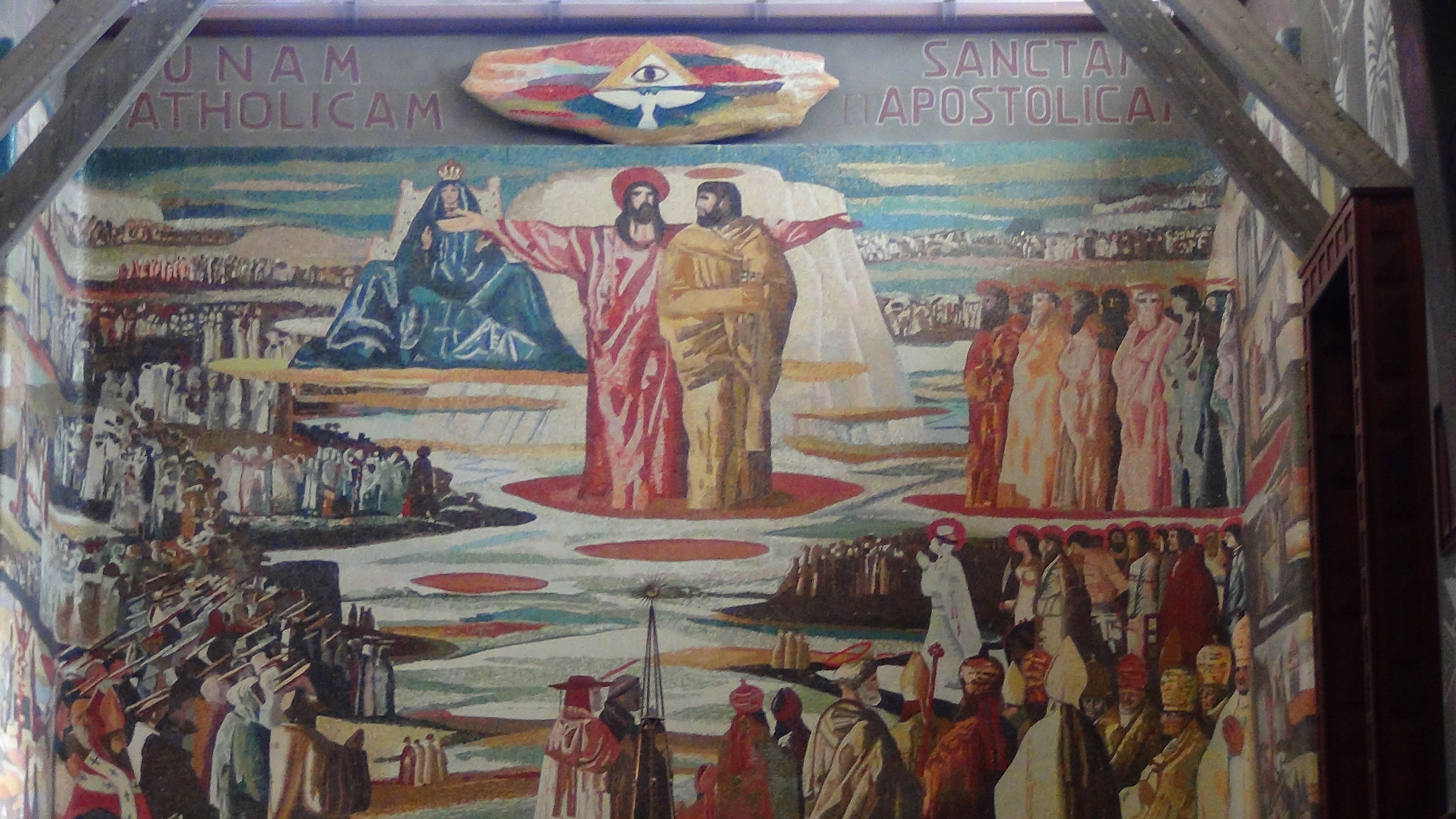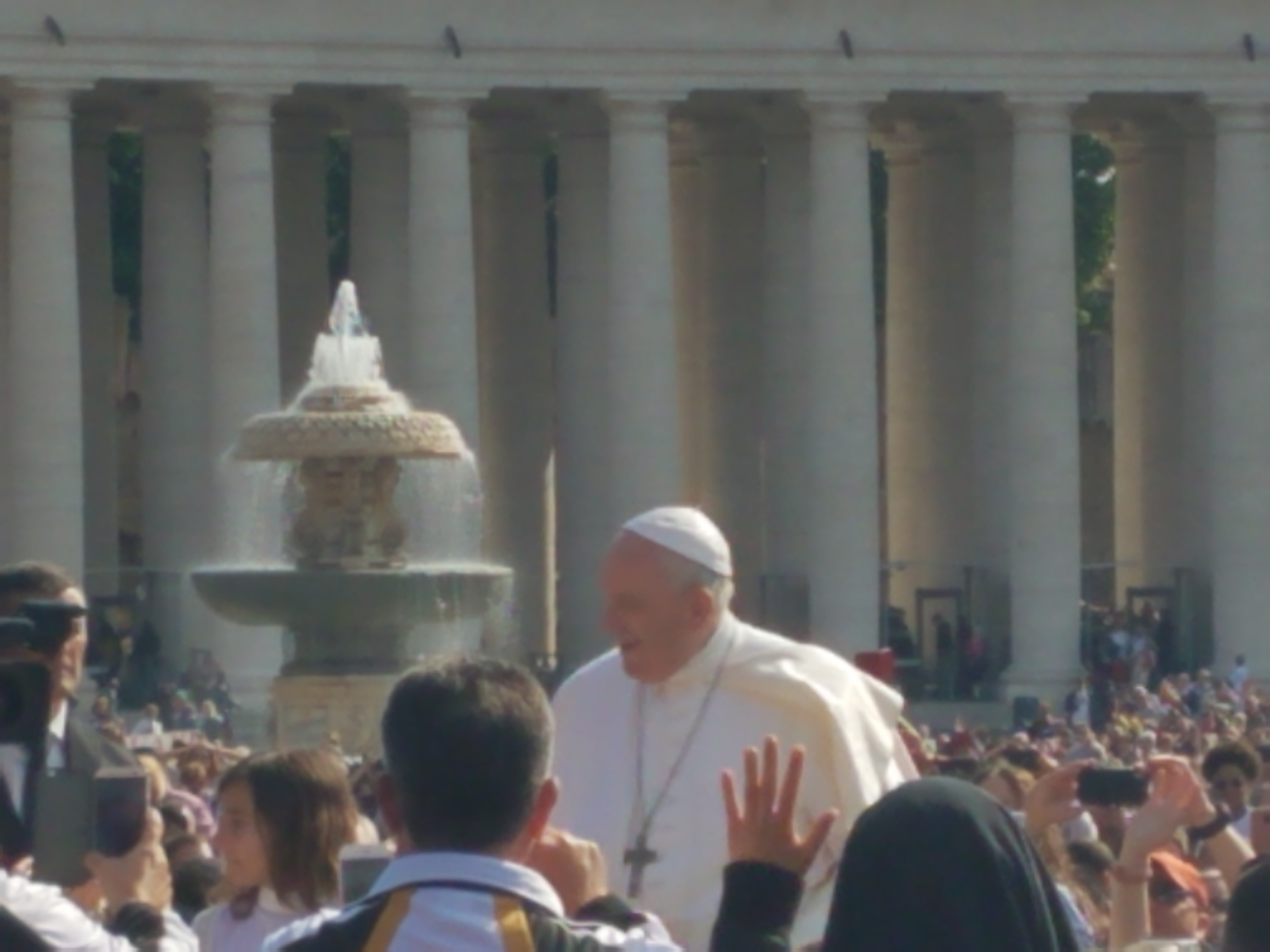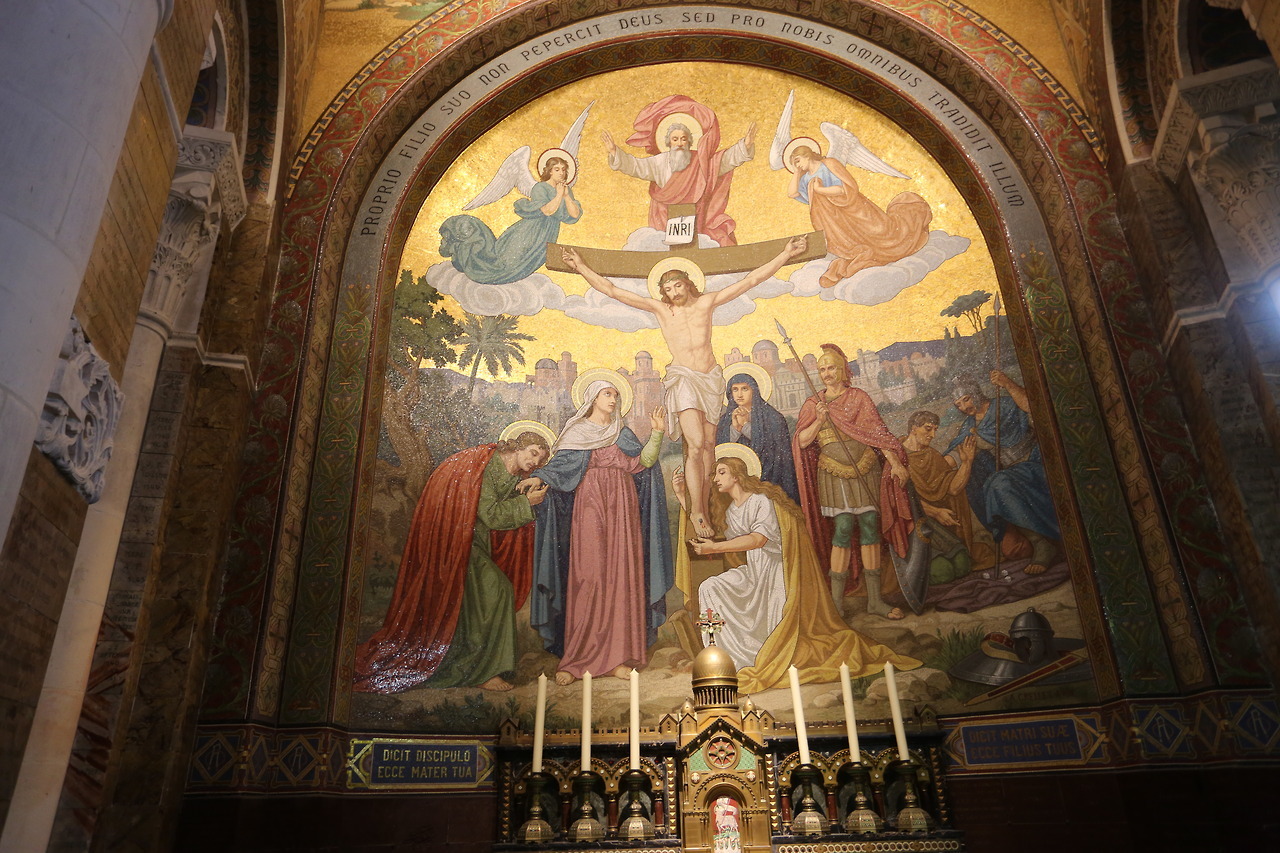Gen 22:1-2, 9a, 10-13, 15-18; Ps: 116:10, 15-19; Rom. 8:31b-34; Mk. 9:2-10
“Here I am!” This is the response of Abraham in obedience to God. “Here I am” is also the response he gives to the Lord’s messenger and to his son Isaac on the way up the mountain. These words come from the wisdom of a man who is a centenarian having lived past 100 years. They represent an acceptance for the will of God and a readiness to follow God wherever he leads even at the cost of separation from his homeland and the pain of offering up his son Abraham he was ready. Are we ready?
Yes, “Here I am” represents a surrender of life for a greater good beyond our understanding. This is living our love and truth to the ultimate sacrifice and we shall find blessing as the Lord promised “all this because you obeyed my command”. The day is coming when the Lord will call each of us by name to atone for our sins. Here I am facing all the times I looked the other way when Jesus came in the poor, the hungry, the suffering seeking a sign of mercy and peace. This is the time to pray, “Here I am have mercy on me Lord.” The day is coming when the only response acceptable is “Here I am” to the great “I AM”.
In Genesis, the story of Abraham prefigures the coming of Jesus and the sacrifice of his passion and death. Abraham in his “old age”, who is to become the father of nations through Sarah his wife a childless woman gave birth to their son Isaac. When Abraham is put to the test it is Isaac who carries the wood on his back while Abraham carries the fire and knife. Isaac was young and strong to carry the wood and when he realized his father planned to kill him as a “holocaust” offering Isaac could easily have resisted, perhaps thought “this is a crazy old man”. Instead, he responded obediently allowing Abraham to bind him on top of the wood as the sacrifice to God. In Abraham and Isaac, we see the love of a father willing to give up his son and a son willing to obey his father as God the Father allowed Jesus his son to carry the wood of the cross and die as the true holocaust offering in atonement for our sins and Jesus surrendered his life for ours.
We cannot lose sight of the significance of the intent of a “holocaust” offering. In Jewish law the sacrificial offering was to “burn completely on the altar” a sign of complete and mass destruction. In our times we think of a holocaust as the slaughter and mass murder of many lives. Thus, Jesus death on the cross is a complete offering for the destruction of all the sins of the world. He is the holocaust of death for endless souls before, then, now and yet to come. One death for the sins many souls but each soul must enter into his passion, death and resurrection to share in his glory, to “walk before the Lord, in the land of the living”.
When we live by faith in the spirit of “Here I am” then who can be against us? We are living our test of faith with this pandemic, winter storms and record number of hurricanes this past year but it is God who is our strength and defender. These are stressful times for families and emotions can be overwhelming with all the little things, no milk or bread, no gas to fill up or heat up, short on cash to make it till payday, and poor internet connection for the kids to get their school work done at home. What’s next? It is here that St. Theresa of Calcutta would say, “Not all can do great things, but we can do small things with great love.” It is “Christ Jesus – who indeed intercedes for us.” In his humanity he went without food, a place to rest his head, who faced charges of condemnation but also was “raised and is seated at the right hand of God”. We are called to live in the land of the living by doing all things with great love regardless of what’s next.
The gospel witnesses give testimony to Jesus transfiguration, his power to rise up and come down. Transfigure comes from the Latin ‘trans’ meaning ‘across’ and ‘figura’ meaning ‘figure’. Thus, the figure of Jesus came across the veil of humanity to reflect his divinity and leaves us that sure hope of the resurrection. It is our time to come across the bridge of mediocrity and go beyond the attitude of “I am only human” to reflect the figure of Jesus who through our baptism we invited to reside in us. We are not only human we carry the divine light and our attitude is to be “Here I am”.
The old adage is “people don’t plan to fail but fail to plan”. What is our plan for heaven? Better yet, have we asked God what is his plan for us to get to heaven? That is the question we should be asking. What is his will that we may follow? Part of it is no mystery for he has already given us the commandments, the guidance of the Holy Spirit to reject sin and embrace love of God and neighbor. He has also given us the Church to bind and loose as the moral compass on earth.
But there is more than just rejecting sin. There is the call to virtue. Recall in Mathew 5:21, Jesus warns “If your virtue does not surpass that of the scribes and the Pharisees, you will never enter the kingdom of heaven”. 2nd Peter 1:5-7 lays out the building blocks to heaven, “For this very reason, make every effort to supplement your faith with virtue, virtue with knowledge, knowledge with self-control, self-control with endurance, endurance with devotion, devotion with mutual affection, mutual affection with love. For in this way, entry into the eternal kingdom of our Lord and savior Jesus Christ will be richly provided for you.” This is the journey of faith, proactive towards the good to bring us the riches of heaven. The better way to approach Lent is not simply “what to give up” in Lent but what to embrace this Lent to enrich our faith for righteousness.
If there is anything that destroys a relationship it is taking the other person for granted. Most people are people of faith in a God but not all are invested in creating a personal relationship with God. Some are simply in the weeds that call out to God only when the thorns of life draw pain and blood. Others are in the sand as a sculpture to be admired as “good people” until the storms come and wash away the pretense of faith. Still others seek to create a strong foundation of faith on solid ground by “working” their faith in a relationship with Christ to weather the storms of life, never alone, always in union with our God. Our plan for heaven begins and ends with that relationship. It is all about relationship and not just “God and I” as some claim but God in relationship with us as a community of faith.
In our relationships if we just live the moment for our corporal needs then our moments may be stolen from us by everything that demands our attention. When we incorporate into our corporal needs a spiritual plan of “God first” our eyes will open up to receive the blessing of the moment and serve as a blessing to others. Our plan for heaven is to receive the graces from God and be transformed into his feet to follow where he leads, his hands to share the bread we eat, his heart to comfort the sick, his eyes to give vision to the lost, his mind to testify to the truth. Our plan is not a reward system but a transformation system into the divine. This is our time and our land to say “Here I am to be transformed according to your will Lord.” Let me begin to live in the land of the living for heaven and not of the dead.
The land of the dead is without hope, living in fear, and isolated in darkness. It is not difficult to get lost in the land of the dead for the evil one is always alert to any weakness on our part to inflict pain and suffering. The land of the dead promotes a culture of death in disguise of doing good and it happens every day, in fact every second of the day by institutions who govern by laws that protect the rights to bring death into the world. It is the ultimate death of faith through abortion, euthanasia, and science that objectifies human life to the genetic degree until life itself is “canceled”.
The land of the dead does not trust in God but in its own power to define life, truth, and justice. This is not our land this is not our kingdom. We rise up to defend life as sacred, truth as coming from God, and justice as God’s plan, his gateway to heaven. We are a people who plan for heaven ready to say, “Here I am”. Readiness gets our life in order through the sacraments of the church. The church lays the foundation now it is up to us to build the kingdom of God up. Are we ready?






Recent Comments